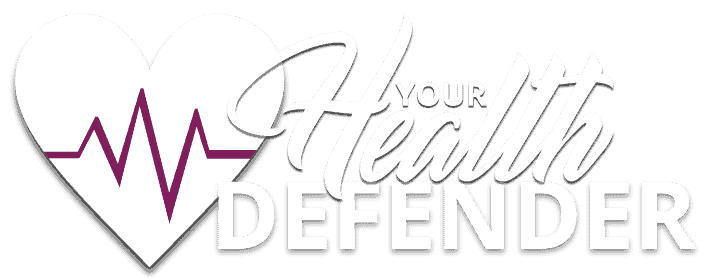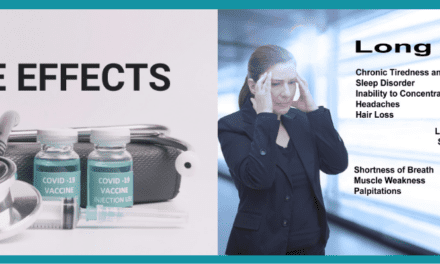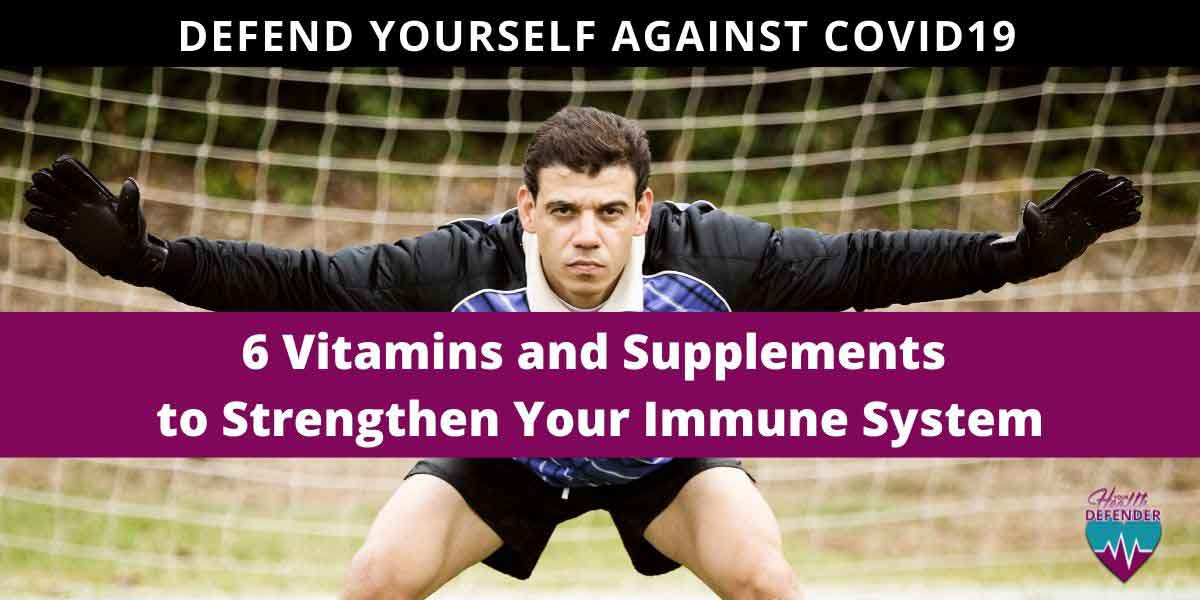Part 1 of a 3 Part Series
My sister, Diana, called me yesterday and asked, “Hey Sis, what can we do to beef up our immune systems to make sure we avoid this awful coronavirus?” Now understand, my sister is already way into being healthy, naturally, with food, supplements, rest and exercise.
You may know her story of being diagnosed with rheumatoid arthritis and lupus in 2000 and being given a prognosis of needing a wheelchair by 2010. Yet, if you know her today, you would never guess she was anything but the vibrant gal you see, full of life and energy, hiking, kayaking, zip-lining, and more – in her mid 60’s! She resolved her diagnosis with serious detoxing and by learning how to serve her own body’s curative needs with clean, healing foods, herbs, freshly squeezed juices and more. But with the coronavirus scare going on, everyone, including my sister, is aware of the need to strengthen our immune systems as much as possible. So with that realization, I put this information together for her and for you. For some of you, taking this information seriously may be life-changing for you and your family.
The coronavirus / COVID-19, as a new opportunistic virus, is not a big surprise because even the common cold is a coronavirus. History is full of these. Learning how to prevent and treat the coronavirus will at the same time teach us how to prevent many of these viruses! When it comes to protecting yourself from diseases (including the coronavirus), it’s not uncommon for people to go into panic mode. You’ve probably seen, or maybe you are that person, who has purchased every face mask and canned good possible, “just to be safe.” It’s understandable to be scared, but the more you know, the more you can effectively protect yourself and your loved ones. The coronavirus is spread in large droplets from people coughing and sneezing. This means the air will not likely affect you unless you are physically near someone who has the coronavirus. However, the coronavirus can live on contaminated surfaces for at least a week, on average.
So when you touch a contaminated surface, then scratch your nose, or touch your lips, or rub your eyes, you can potentially infect yourself. The average number of times a person touches their face is 15.7 times per hour¹. WHOA! That’s a lot! What are realistic and powerful things we can do to protect ourselves?
1. Simple hand washing is one of the most important strategies for preventing the spreading of contagious diseases, both at home and outside the home. Here are some tips:
- Wash your hands frequently, but not so much as to dry out your skin. Important times to wash your hands include after using the restroom, before you sit down to eat, after you have been in the kitchen preparing a meal, certainly after every diaper change and anytime you visit a health care facility: both when you enter and before you leave. Certainly, if you are caring for a sick person, washing your hands before and afterward is important.
- Avoid antibacterial soap and alcohol-based products. Clean does not mean bacteria-free. We all have good healthy bacteria on our skin surfaces protecting us. Getting rid of ALL the bacteria, good and bad is not the smartest option. In addition, some chemicals in antibacterial soap products have been linked to many harmful health effects, especially in young children, including allergies, thyroid dysfunction, endocrine disruption, weight gain and inflammatory responses. The triclosan in these products has even been shown to interfere with fetal development in pregnant women.
- The most effective way to wash your hands is to pull up your sleeves, use soap and water and get a good lather going all the way up to your wrists. Now scrub for at least 15 seconds all over your hands including in between your fingers.
2. What about hand drying? Which is better to use, air dryers or paper towels? Considering that transmission of bacteria is more likely to occur from wet skin than from dry skin, proper drying of hands is an essential component of effective hand hygiene procedures.
- Believe it or not, there is evidence that paper towels may do a better job drying the hands efficiently.
- The studies further show that using paper towels removes bacteria.
- In addition, paper towel hand drying causes less contamination of the washroom environment. Considering that the moisture droplets that blow off of our hands must go SOMEWHERE, this makes sense.
So grab the paper towels and then before you throw away that paper towel, use it to open the bathroom door and exit. 3. No handshaking – do the fist bump, elbow bump or smile and wave! If the coronavirus starts spreading seriously, start using disposable gloves when you pump gas, go shopping, etc. Use your knuckles to turn on light switches, elevator buttons, etc. 4. Showering with chlorinated tap water will kill the good bacteria on your skin. It sounds crazy that the one thing we all do to keep ourselves clean may be exposing us to serious health risks. Did you know that during one shower your body can absorb up to 8 glasses of water? No, we don’t want you or your family members to stop showering but please consider purchasing a good shower head filter to filter out the chlorine. There are plenty of inexpensive good models to choose from. Look for a granulated activated carbon (GAC) filter. 5. Cleaning and disinfecting your home may be super important, especially when someone in the home is sick. Please know that if you are using many of the popular cleaners and disinfectants, you are likely introducing many potentially toxic chemicals into your home. This is serious and opposite of what you want to do to help your family build up a strong immune system.
- It’s about balance and not overdoing it, especially if you have children in the house. You see, we know now that it is important that children be exposed to bacteria. Children spending a lot of time indoors, as so many do these days, are exposed to fewer bacteria and so they have less of a chance to grow healthy bacteria in their digestive system that is beneficial to their immune systems. This makes them more vulnerable to illnesses. More on this below in the discussion on gut health.
- Many ingredients in common disinfectants and cleaners are toxic. Phenol, a common main ingredient in household cleaners like Lysol, Pine-Sol, and many types of mouthwash, is toxic and has been linked to heart damage, respiratory problems, liver and kidney and eye damage. Other dangerous chemicals found in common household disinfectants include formaldehyde, a suspected carcinogen, petroleum solvents, which may damage mucous membranes, butyl cellosolve, a chemical found in many window cleaners and all-purpose cleaners which may damage your kidneys, bone marrow, liver and nervous system and triclosan, the active ingredient in most antibacterial products. Triclosan doesn’t just kill bacteria, but it also kills human cells and has a long list of harmful health effects as mentioned above.
- In a study involving close to 800 women, those who reported the most use of cleaning products and air fresheners had DOUBLE the risk of developing breast cancer compared to those who reported low use.
- What are good healthy natural options to consider for cleaning and disinfecting in the home?
- Good old soap and water still work great. Just please, not antibacterial soap.
- Hydrogen peroxide and vinegar kill potentially lethal bacteria better than toxic chlorine bleaches and other commercial disinfectants. Do not mix these in one sprayer. Instead, spray one first and then the other. Let them sit on the surface for 5-30 minutes before rinsing off. Or spray one, wipe off in 5 minutes, then spray the other, wait 5 minutes and wipe off. By the way, hydrogen peroxide has been known to not just kill bacteria, but also kill mold and even remove stains on white clothing. Be aware that each of these will damage the surface of stone and granite countertops. Also, remember do not combine these in one bottle as this can create an unstable product. Also know that peroxide can lighten fabrics, not as bad as bleach, but please be careful.
- When someone in your home has had a cold or flu, you can spray peroxide on your light switches, doorknobs, refrigerator handles, faucets, handrails, etc. and just let it dry.
- Everyone’s toothbrushes can be easily disinfected by soaking them in peroxide for 30 minutes or more.
- What about your hand towels, sponges and brushes? These are major germ harbourers. Hand towels need to be changed out frequently and washed. Sponges and brushes can be put into the dishwasher and/or soaked in peroxide like toothbrushes.
- Can DIY essential oil mixtures work? Yes, the majority of essential oils have antimicrobial and antifungal properties and all of them are antiseptic, meaning that almost any essential oil is great for disinfecting. This is great! There are hundreds of DIY disinfectant spray formulas online.
- What about store-bought options? Personally, I go for the easiest way to clean and disinfect. These are my favorites:
- Seventh Generation Disinfecting Multi-Surface Cleaner Wipes. I put a handful of these wipes in a baggie and take them with me when I travel.
- Seventh Generation Disinfecting Multi-Surface Cleaner Spray
Although it’s easy to get swept up in the hysteria, sticking to the basics is an easy and effective way to keep yourself safe from illness. Now that you know how to protect your exterior, learn how you can keep your interior nice and strong! Inside Our Bodies: Immune Building Nutrients
- https://www.ncbi.nlm.nih.gov/pubmed/18357546
- https://www.ncbi.nlm.nih.gov/pubmed/17011055
- https://www.theatlantic.com/health/archive/2014/11/forget-antibacterial-products/382832/
- https://www.ncbi.nlm.nih.gov/pmc/articles/PMC3538484/
- https://www.ncbi.nlm.nih.gov/pubmed/20646273





